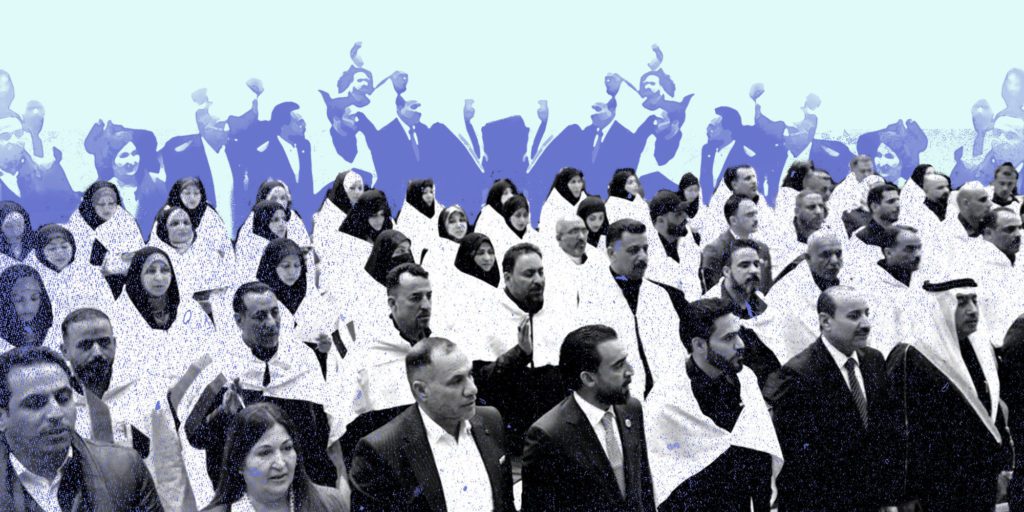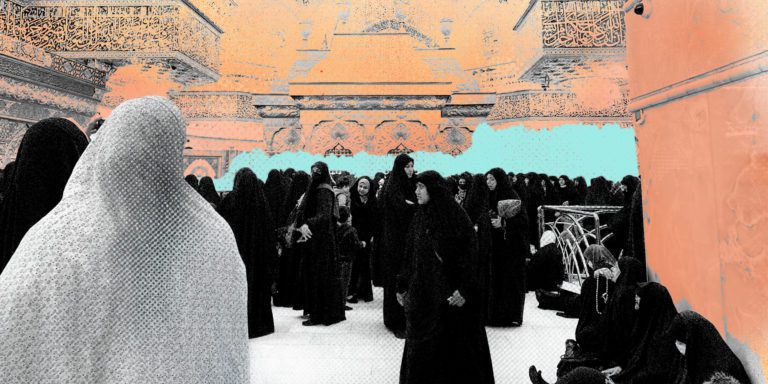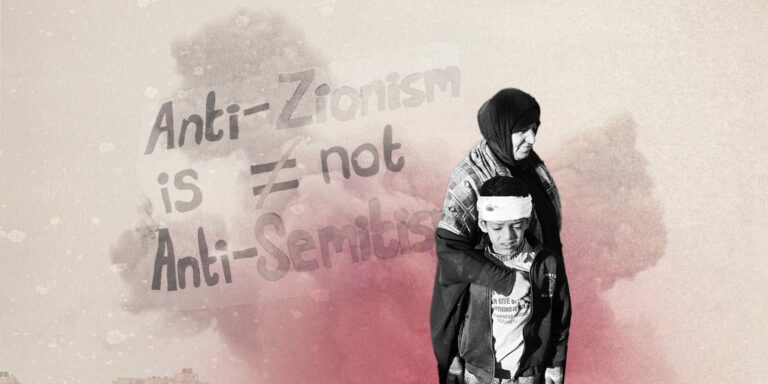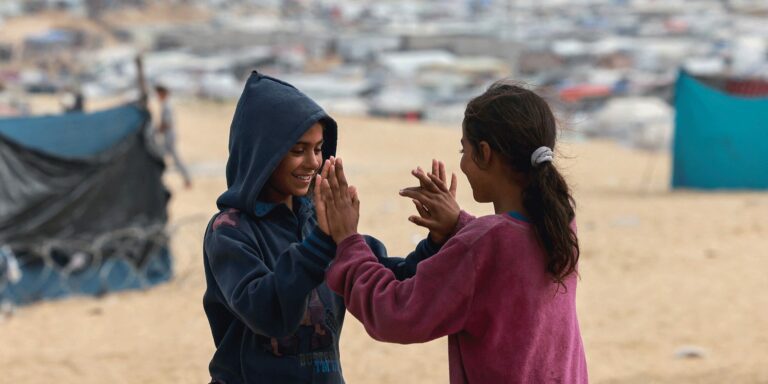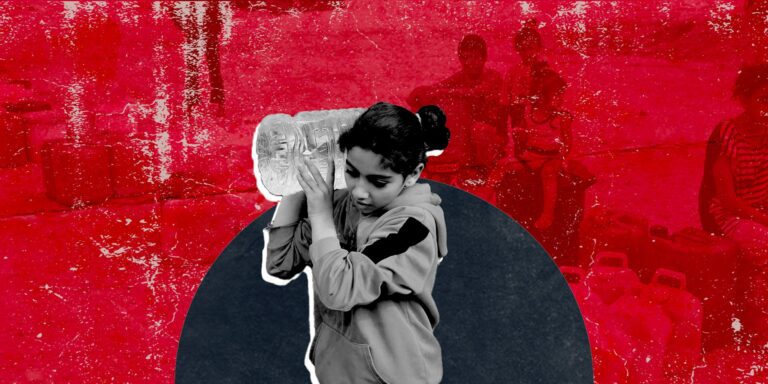“I see God in the flowers, but they see Him in the grave.” These were the words of Omar Batawil, a 17-year-old Yemeni boy, who was assassinated in April 2016, due to his Facebook posts, being accused of atheism.
Omar criticized those he called “the merchants of religion” and paid a heavy price, his life, for expressing his opinion. Omar was not the only one who got killed for criticizing the clergy or having an opinion on religious issues. It should be noted that most of these young men were not older than twenty.
The debate about religion is strongly present among many youth groups in Yemen, albeit mostly in a non-public way. But faith, and the dominance of religious texts, have become subjects many people circulate on social media. Some even show their opinions publicly, despite the danger in a country suffering from war, crisis and armed religious parties.
I reached out to some of these young people who run “atheist” groups on social media, and asked them why they had left religion.
“I suffer from a conflict between what I read and see in the world, and what is happening in my city,” said 19-year-old Mohsen. “I am no longer convinced of what I hear in the mosque about supplications for woe, and forgiveness for those who differ from us in thought or religion. Why do we not call for reconciliation?”
“Today I live in Yemen, but I have online friends from many different countries with whom I share opinions, and I do not want them to be ruined. Ruin is what I find around me in Yemen. I can’t be myself. I’m afraid of getting killed. Did you know that simply changing a haircut exposes one to imprisonment? I hope to emigrate so that I can forget everything I learned here.”
Yemeni politician Ali al-Bakhiti, who prefers to be called a writer and blogger, attracts many young people to his Twitter page, where he speaks openly about his lack of belief in religion. Many youngsters interact with him but are afraid to put their real name. “My goal first of all is to express the thoughts in my head that I was unable to express when I was still in the Middle East,” al-Bakhiti said. “And secondly, because I am Yemeni, I feel that it is the myth of religion that destroyed Yemen, and plunged it into sectarian and ethnic conflicts for more than 1,400 years. And the religious groups fighting in Yemen do so based on the myth of religion. Therefore I am concerned with dismantling it in order to prevent young people from going to fight in pursuit of the myth of Paradise.”
Death is Better Than Life
“I am an atheist,” said 22-year-old Salwa F. “I use a fake account to express my opinion on Twitter, especially since the pressure on us, the young men and women of Yemen, has increased recently. Freedoms are almost non-existent. The basics of life are not available. We have no hope for the future. Death has become better than this miserable life. Where is the God that my mother calls every night? Why does he let us suffer? Why is he not defending the innocent children being killed in Yemen?”
It is a question that comes to the minds of many: “Where is God seeing what is happening to us?”
“Three or so years ago, an idea was put forward for discussion in my council,” said Abdulaziz Al-Assali, a university professor of Islamic thought. “When young people, who witnessed the killing of children and women with shells falling on the besieged city of Taiz, and an absence of oxygen treatment, it makes them wonder: how is it that God is merciful, yet he accepts the torture, killing, and wounding of innocent children, women, and the elderly?”
“The discussion ended with me asking whether what was happening might lead to people leaving religion,” he continued. “I said: the reason is determined in one area, which is the religious discourse of emotions at the expense of rational thought and logic, which is neglected and ignored, despite having a strong presence within the religious text.”
Read Also:
Separation of State and Religion
“The first time I doubted the validity of religion was when the teacher of the Quran hit me when I was only a nine-year-old child,” said Salem. “It was then that I thought about how can a person, who reads the Quran every day, who is supposedly close to God, become so cruel.”
“When the war began in Yemen, and religious groups of all kinds became more powerful, I became more certain that the solution is to separate state and religion if we want to have a healthy society that is fair to all.”
“Citizens see with their own eyes how these groups behaved brutally when they came to power,” said Al-Bakhiti. “They proved their failure in all aspects. The percentage of atheist and non-religious people is increasing dramatically. But they cannot express their opinions freely, which is why it is difficult to measure. Also, religion imposes its dominance on our societies by the force of law and authority.”
33-year-old Mohamed Al-Mansoori has a slightly different view, as he believes that religion may be a necessity for people.
“I left religion two years ago,” he said. “But I see it as a necessity for many people. I support the separation between state and religion, and I hope that the religious groups that currently rule Yemen will come to an end. But I do not hope religion will end. Religion is important in many cases, and there are many beautiful ideas in the Islamic religion, while others need to be reviewed.”
Salwa ended the discussion with a question she is still searching for an answer to. “As a woman, what is my destiny in this country?” she said. “To marry someone who goes to fight in the name of religion to enter heaven, and become a widow? Society will not let me to create my own future. And I will not find opportunities to change my life. We young people are not cut off from the world, and we know that the religious groups that rule us have only led to more misery. Do we not have a right to live a normal life like the rest of the world?”
Read Also:


